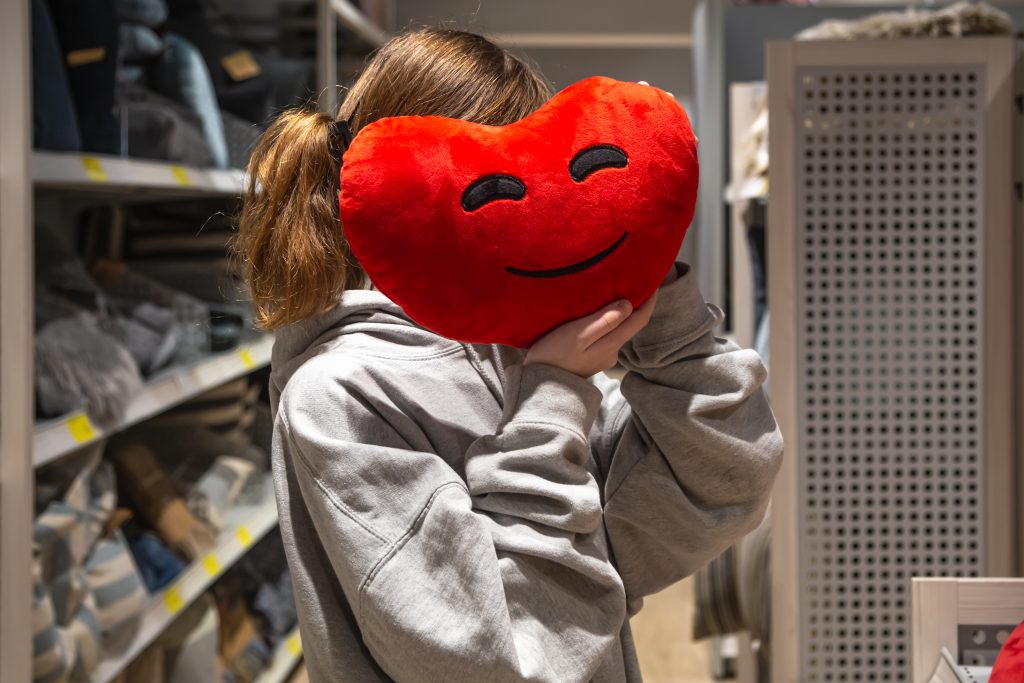In a culture obsessed with high achievement and instant success, trying something you’re not good at may feel pointless or even embarrassing. Yet a growing number of educators, psychologists, and creators are highlighting a counterintuitive truth: the value of being bad at something you love lies in its ability to nourish curiosity, build resilience, and bring joy.
Engaging in a passion without expectations of excellence can do more than just lift your mood—it can boost brain health, foster creativity, and reconnect you with the process of learning itself.

Performance Isn’t the Only Measure of the Worth of Love
In fact, a 2023 report from the American Psychological Association found that high achievers who avoid failure often experience chronic anxiety and burnout. By contrast, embracing the value of being bad at something you love frees you from these pressures. It shifts focus from results to enjoyment, from public validation to personal fulfillment.
The Science Behind Playful Incompetence
Learning Through Mistakes Strengthens Brain Plasticity
According to findings published in Trends in Cognitive Sciences, failing at a task activates important neural pathways related to adaptability and cognitive flexibility (Kolb & Gibb, 2011). This means that doing something poorly still strengthens your brain—perhaps even more than doing it well.
Because your brain must analyze errors, rethink strategies, and try new approaches, you’re actually building a more agile mind. Over time, this contributes to higher levels of mental stamina and problem-solving ability.
Low-Stakes Activities Reduce Stress and Improve Mood
Engaging in hobbies without performance pressure triggers dopamine release, improving both mood and motivation. Furthermore, researchers Burrow and Hill (2013) discovered that purposeful, enjoyable activities—even when done imperfectly—are linked to increased life satisfaction and stronger psychological well-being.
Simply put, doing something you love badly can still be mentally and emotionally beneficial.
The Value of Being Bad at Something You Love in Education
Why Students Need Opportunities to Struggle Safely
In academic environments, pressure to perform often stifles risk-taking. However, allowing students to explore unfamiliar subjects without fear of failure fosters creativity and resilience. Schools that prioritize “productive failure”—a concept explored in depth by researcher Manu Kapur—report higher engagement and retention among students (Kapur, 2016).
Giving students space to be beginners encourages them to pursue interests outside of grades or external rewards. This not only supports emotional health but also lays the foundation for genuine lifelong learning.
Learning Without an Agenda
Not every learning experience has to lead to measurable achievement. When students are encouraged to try new things—be it drawing, debate, or robotics—without pressure to excel, they’re more likely to develop curiosity, self-awareness, and independence.
How to Embrace Being “Bad” at Something You Love
It’s easier said than done, but with a few mindset shifts and habits, anyone can make room for joyful imperfection.
1. Focus on Enjoyment, Not Output
Start by asking: “What feels good about doing this?” rather than “Am I getting better?” This reframing helps reduce pressure.
2. Set a Time Goal
Instead of striving to reach a skill level, commit to spending 20–30 minutes on your hobby. Progress becomes a byproduct—not the goal.
3. Track the Funny Moments
Keep a “fail diary” or photo album where you collect humorous or imperfect attempts. This reinforces that the process matters more than the outcome.
4. Share in Beginner Communities
Find groups or forums where people post their early efforts. Seeing others learn publicly normalizes mistakes and builds connection.
5. Reflect on What You’re Gaining
At the end of each week, ask yourself: “What did I learn or enjoy, even if the result was messy?” This reflection deepens the emotional payoff of the activity.
Where This Trend Is Growing: A Cultural Shift Toward “Amateurism” in Love
In today’s creator economy, not everything has to be monetized or refined for an audience. Many people are returning to hobbies for their own sake—cooking without posting the final dish, sketching with no intention of selling, or learning a language they’ll never use professionally.
Even platforms like TikTok and Reddit feature communities that celebrate first tries and creative flops. Likewise, education systems around the world are piloting “ungrading” models, where effort and process are valued as much as outcome. These shifts all support the broader recognition of the value of being bad at something you love.
This Matters More Than Ever
How Love of Learning Builds a Resilient, Adaptable Mindsett
In a rapidly changing world, the ability to tolerate ambiguity and persist through challenges is a major asset. When you’re willing to be bad at something and continue anyway, you’re developing grit, humility, and cognitive flexibility—all of which are crucial in both education and professional life.
Keeping the Love of Curiosity Alive in a Perfection-Driven World
Perfection kills curiosity. But when you remove the pressure to perform, you open the door to wonder. That’s when people rediscover the simple pleasure of learning, exploring, and experimenting.
Final Thoughts
The pressure to perform is deeply ingrained in modern society, but it doesn’t have to define how you live, learn, or play. The value of being bad at something you love lies in its ability to reconnect you with passion, reduce stress, and make space for true personal growth.
So go ahead—sing off-key, write awkward poetry, paint messy canvases, or fumble through a new dance move. You don’t need to be great. You just need to enjoy it.
References:
- American Psychological Association (2023). ‘Perfectionism and Mental Health’. https://dictionary.apa.org/perfectionism
- Kolb, B., & Gibb, R. (2011). ‘Brain plasticity and behaviour in the developing brain’. Journal of the Canadian Academy of Child and Adolescent Psychiatry, 20(4), 265–276. https://pubmed.ncbi.nlm.nih.gov/22114608/
- Burrow, A. L., & Hill, P. L. (2013). ‘Purpose as a form of identity capital for positive youth adjustment’. Developmental Psychology, 49(5), 1003–1011. https://pubmed.ncbi.nlm.nih.gov/21574703/









